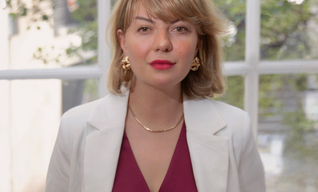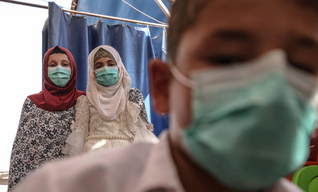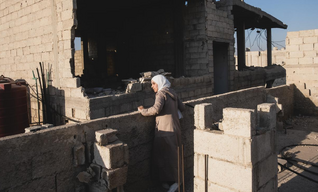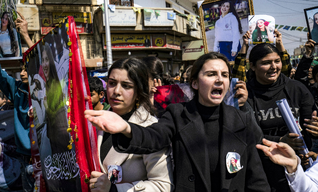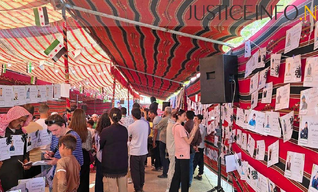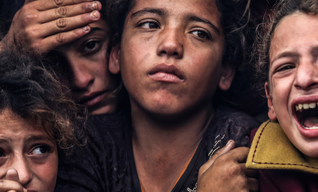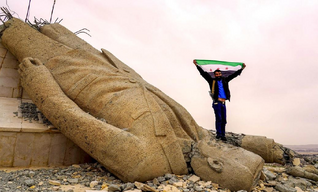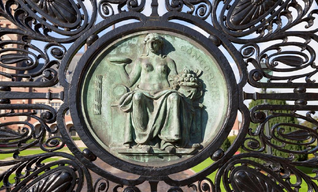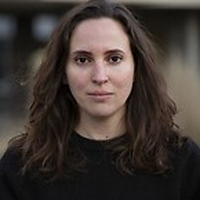
Hannah El-Hitami
Berlin
-
Noch keine BeiträgeHier wird noch geschrieben ... bitte schaue bald nochmal vorbei

Hannah El-Hitami
-
ägypten
-
menschenrechte
-
migration
-
rassismus
-
syrien
-
asyl
-
arabische welt
-
flucht
-
völkerrecht
-
postkolonialismus
Auftraggeber
Amnesty Journal , Brigitte , Fluter , Justice Info , New Lines Magazine , SPIEGEL , TAZ
Weitere Profile
Fehler!
Leider konnte der Artikel nicht gefunden werden.
We can't find the internet
Attempting to reconnect
Something went wrong!
Hang in there while we get back on track

